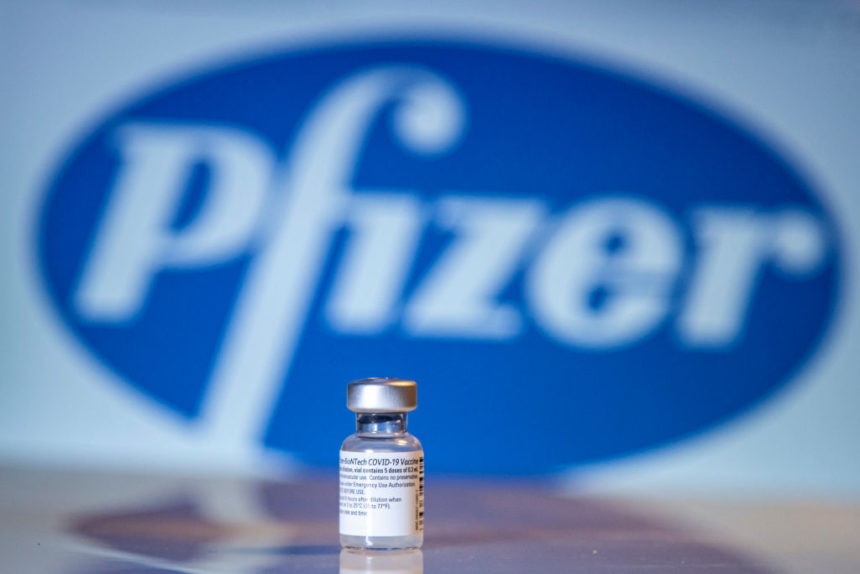Pfizer announced this week it will charge between $110 to $130 per dose for its COVID-19 vaccine next year.
The move comes as the federal government will stop purchasing the vaccines as the emergency phase of the pandemic ends.
On an investor call Thursday, Angela Lukin, Pfizer’s global primary care and U.S. president, noted that the new prices “reflect the value this vaccine has brought to society.”
As the U.S. has rolled out a fall campaign for updated, Omicron-specific boosters in anticipation of a winter surge, the number of people getting those extra shots is far lower than expected.
Pfizer’s move to increase its list price for the vaccine could spur its competitors to do the same, analysts told Reuters. In the wake of the news, Moderna and Novavax shares rose by 9% and 11%. Novavax’s COVID shot received a recommendation from the Centers for Disease Control and Prevention earlier this week.
The increase will also likely lead to a boost of $2.5 billion to $3 billion in revenue for Pfizer, despite the low uptake of booster shots thus far this fall.
While the price hike may seem substantial, people with Medicare or private health insurance would likely not have to pay that much. Other adult vaccinations, like hepatitis and shingles, also typically cost anywhere from $13 to $200 per dose.
As the U.S. enters its fourth year of the pandemic in 2023, the federal government has begun steering away from the emergency phase of the crisis. As a result, federal COVID-19 funding has dwindled. In March, Congress dropped a proposed $15.6 billion COVID-19 aid package from the spending bill, leaving Biden’s vaccine, treatment and testing plan in flux. Those things have already begun shifting to the commercial market, as the government has already halted providing free COVID-19 tests.







